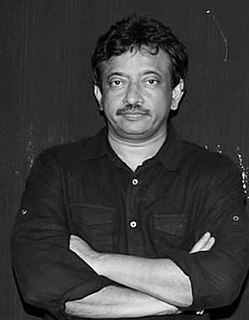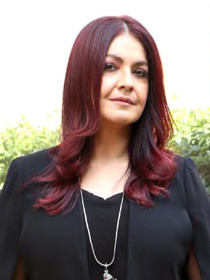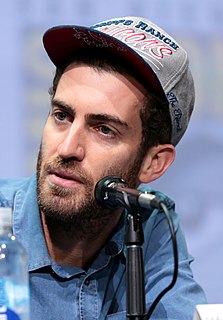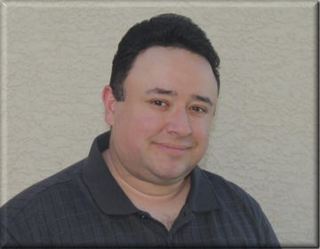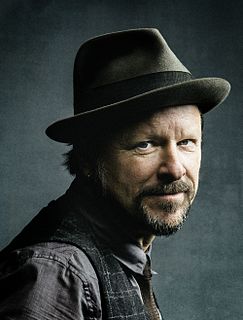A Quote by Ram Gopal Varma
Today, filmmaking isn't just about shooting and releasing. You've to structure the marketing of a film.
Related Quotes
I became passionate about nature filmmaking when I graduated from UCLA, and one of the things I always wanted to do was shoot really high quality film, so I got into time-lapse photography - so that means when you shoot a flower, you're shooting, like, one frame every twenty minutes, so that's basically two seconds of a film per day.
I found marketing to be highly descriptive and prescriptive, without much of a foundation in deep research. I brought in economics, organization theory, mathematics, and social psychology in my first edition of Marketing Management in 1967. Today Marketing Management is in its 15th edition and remains the world's leading textbook on marketing in MBA programs. Subsequently, I wrote two more textbooks, Principles of Marketing and Marketing: an Introduction.
Our film [Hide and seek ]was created as part of the Asian American Film Lab's 11th 72 Hour Film Shootout filmmaking competition, where filmmaking teams have just 72 hours to conceive, write, shoot, edit and submit a film based on a common theme. The winners were announced during the 38th Asian American International Film Festival in New York last July. The theme for 2015 was 'Two Faces' and was part of a larger more general theme of 'Beauty'.
I think that film festivals, we're very often given to understand, are about filmmakers and about films and about the industry of filmmaking. I don't believe that they are, I believe that film festivals are about film audiences, and about giving an audience the encouragement to feel really empowered and to stretch the elastic of their taste.
Filmmaking, at the end of the day, is really - in addition to the story and all of the equipment and the actors, it's really about time management. And so the smartest filmmakers are the ones who sort of pre-visualize the film in their head and are literally shooting the shots they need to cut the story together.
All three parts of filmmaking [writing, shooting, editing] contribute to rhytm. You want the script to be a tight as possible, you want the acting to be as efficient as possible on the set, and you have enough coverage to manipulate the rhythm in the editing room, and then in the editing room you want to find the quickest possible version, even if it's a leisurely paced film. I definitely in filmmaking more and more find writing and directing a means to harvest material for editing. It's all about editing.
I was at a Madonna show many, many years ago and I was in the sweet spot and she came out and I mean it was the best part of the show. And I was shooting, shooting, shooting, shooting. And I'm like, "God, I must have shot a hundred pictures have I not run out of film?" And I opened the back of my camera and there was no film in there. So that happened to me only once.
